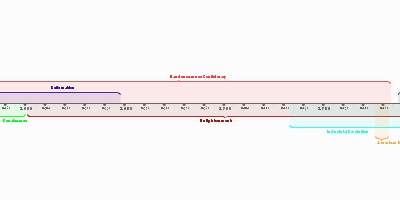Napoleon Wars (oct 1, 1801 – oct 1, 1815)
Description:
Napoleon Bonaparte contributed to the French revolution through commanding and deployment of cannons on city streets, he helped eliminate the uprising in 1795. He then secured the authority of the new French government with its five members. The Napoleonic Wars were a series of wars between Napoleonic France and shifting alliances of other European powers that produced a brief French hegemony over most of Europe. The Napoleon wars were a 23-year period of recurrent conflict that concluded only with the Battle of Waterloo.Connection to the development of liberalism:
The Napoleonic Wars (1803–1815) influenced classical liberalism by spreading ideas of individual rights and legal equality across Europe. The Napoleonic Code created by Napoleon served to enforce Rule of Law by establishing both legal equality and safeguarding personal property rights. People gained opportunities under his rule while the system eliminated advantages based on birth. The conquest of new territories through wars resulted in greater social competition and increased freedom rights within the newly controlled areas. The authoritarian nature of his leadership restricted economic freedom, although it demonstrated liberalism striving against authoritarian control. Although, therefore, his contributions generated fundamental changes in modern legal structures and political systems.
Added to timeline:
Date:
oct 1, 1801
oct 1, 1815
~ 14 years
